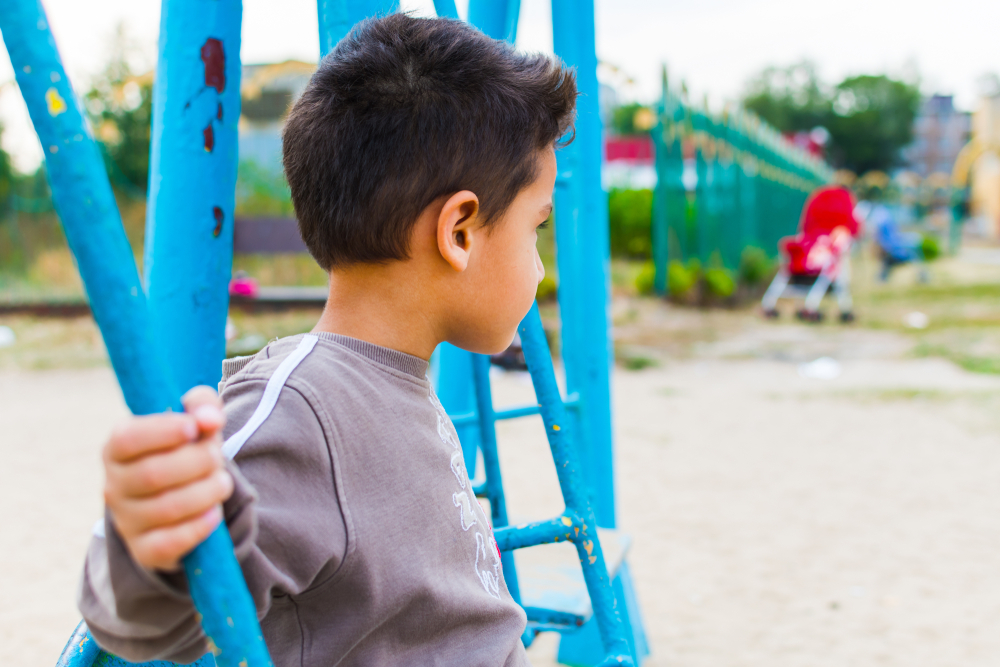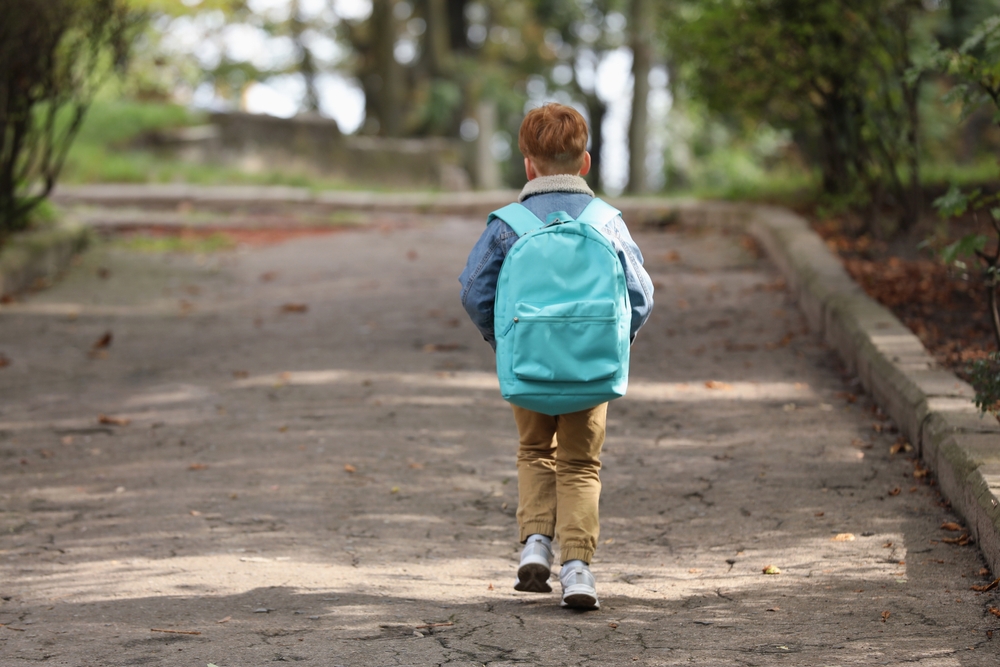A 12-Year-Old Boy Went Viral for Eating His Classmates’ Leftovers So He Could Save His Free School Lunch for His Disabled Mother. His Selfless Act Sparked Donations and Calls for Government Action. Now, This is His Story.
Last updated on
Imagine being 12 years old and thinking less about your own hunger and more about your mother’s. While classmates scrape trays and toss leftovers, one boy quietly collects what remains—not out of greed, but out of love. He’s saving his free school lunch, not for himself, but for his disabled mom who can’t always afford to eat. In a world where viral moments often revolve around pranks or trends, this boy’s act of quiet sacrifice struck a far deeper chord. It wasn’t flashy. It wasn’t performed for a camera. Yet, when the story surfaced, it captured hearts and raised a mirror to the unseen burdens many children carry—and the stark realities of poverty in one of the wealthiest nations on earth. What followed was a groundswell of support, but also a chorus of difficult questions: Why was a child put in this position to begin with? How many other families survive by the sacrifices of their youngest members? And what does it say about the systems that are supposed to protect them? This is more than a story of a boy and a lunchbox. It’s a story of love, dignity, and a society at a crossroads.The Story That Touched Millions
He didn’t seek praise. He didn’t tell anyone what he was doing. But when school staff noticed a young boy consistently eating the untouched remnants of his classmates’ lunches, they grew concerned. What they learned would stun them—and soon, the internet. The 12-year-old, whose name was later shared publicly with his family’s consent, was taking advantage of leftovers not out of wastefulness or hunger alone, but because he had a plan: to take his own free school lunch home each day, carefully wrapped and saved, so his disabled mother would have something to eat.
When Children Become Caregivers

How the Internet Responded

What This Story Reveals About Systemic Gaps

What We Can Learn and Do
The boy who quietly saved his lunch so his mother wouldn’t go hungry didn’t ask for attention. But his story has become a rallying cry—not just for charity, but for reflection. It reminds us that compassion isn’t just an emotion; it’s a choice, a behavior, and often, a responsibility. For readers moved by his selflessness, the next step is clear: turn empathy into action. That action can begin close to home. Schools, for instance, are often ground zero for spotting food insecurity. Parents, educators, and community members can advocate for more flexible meal programs that allow students to take food home or access meals during school breaks—an approach already being piloted in several districts across the country. On a broader scale, supporting or donating to organizations that tackle food insecurity—like Feeding America, No Kid Hungry, or local food banks—can directly impact families in need. Even small monthly contributions can help provide consistent support. Volunteering time, whether packing meals or tutoring students in under-resourced communities, is equally valuable. There’s also power in raising awareness. Sharing verified stories like this one can shift public sentiment and influence policy. Contacting lawmakers to support legislation that strengthens safety nets for families dealing with disability and poverty—such as expanded SNAP benefits or universal free school lunches—can contribute to lasting change. But perhaps most importantly, this story challenges us to look more closely at the people around us. Is there a child in your neighborhood who always seems a little too hungry? A single parent quietly struggling? A classmate who never eats lunch at school? As Josette Duran, the mother in a similar viral story, once said, “Being kind doesn’t have to come in monetary form. Just know that if you’re having a good day, someone else is having a bad day—and you can fix that.” In a world often overwhelmed by headlines of division and hardship, this boy’s act reminds us that the most profound change often starts with a simple question: Who needs help today, and what can I do?Some of the links I post on this site are affiliate links. If you go through them to make a purchase, I will earn a small commission (at no additional cost to you). However, note that I’m recommending these products because of their quality and that I have good experience using them, not because of the commission to be made.




























 JOIN OVER
JOIN OVER
Comments